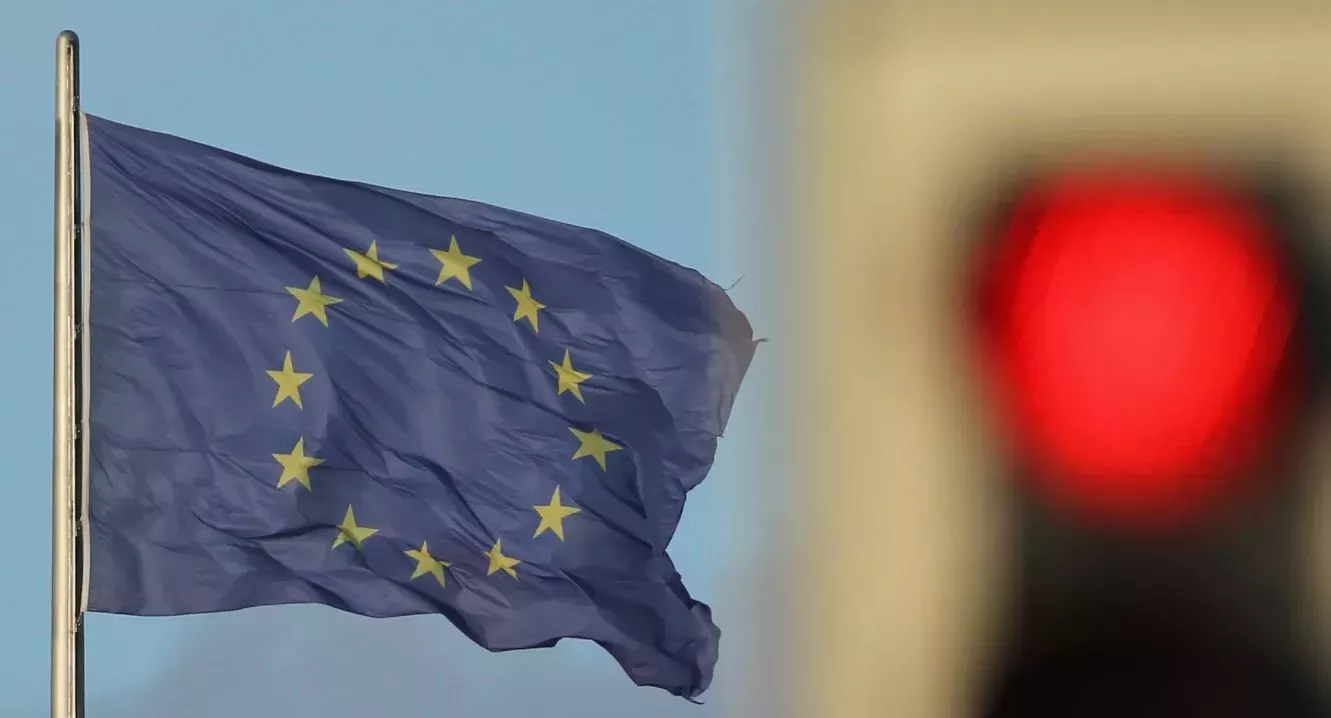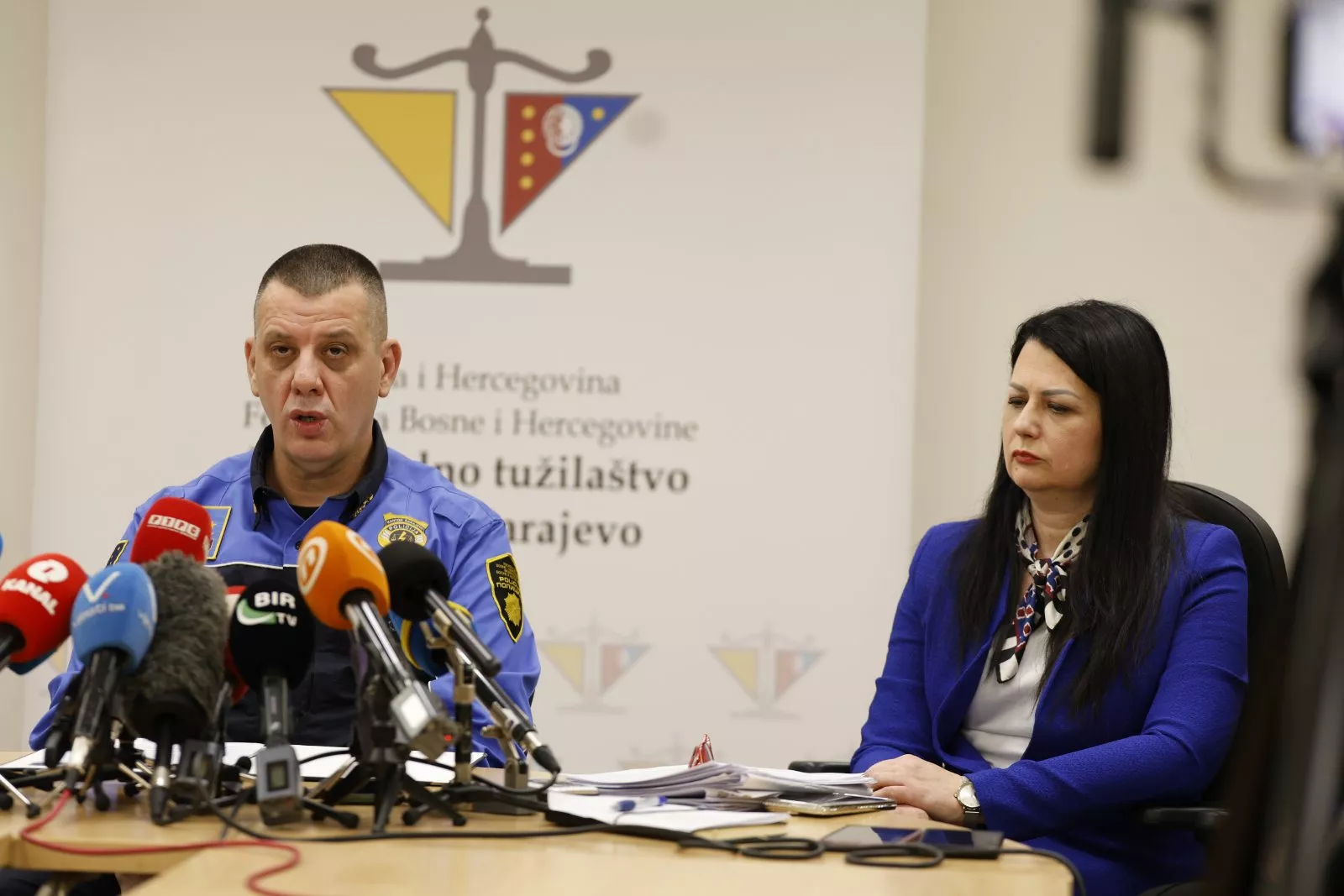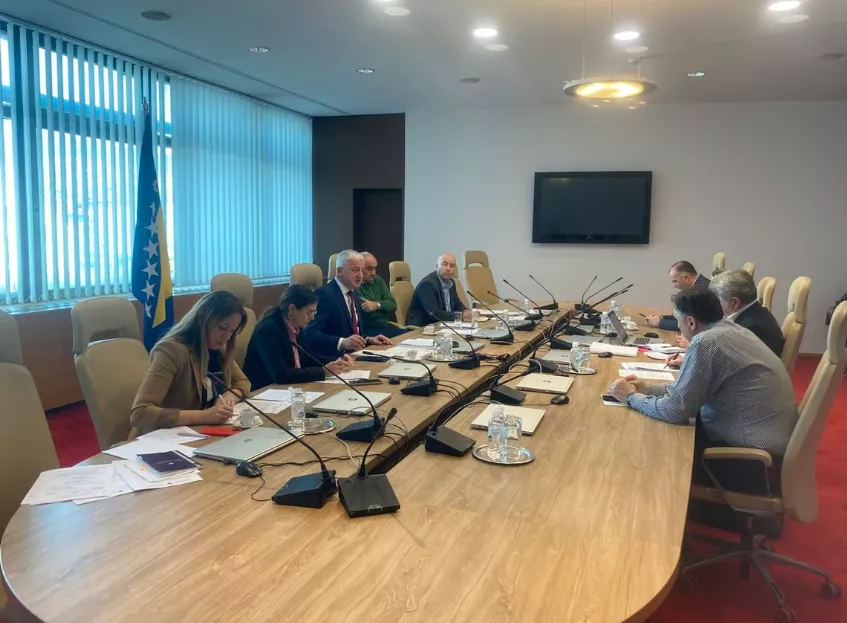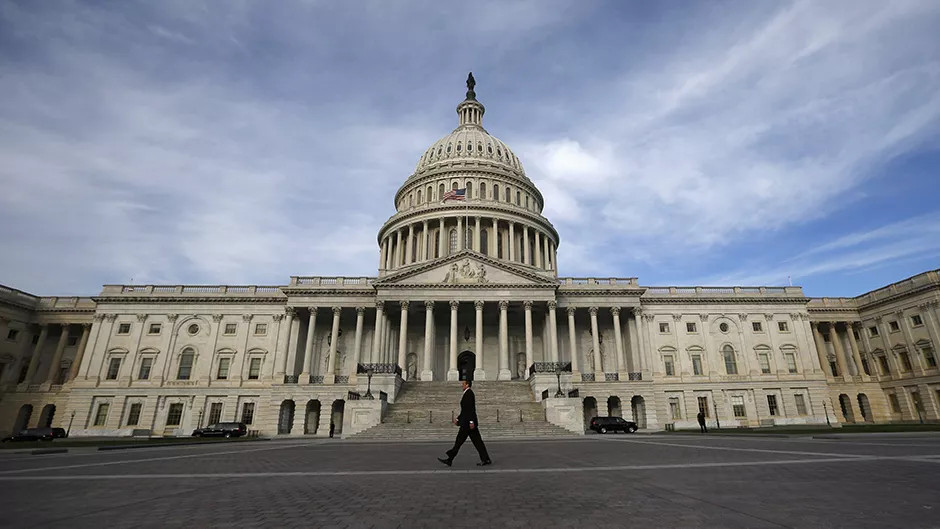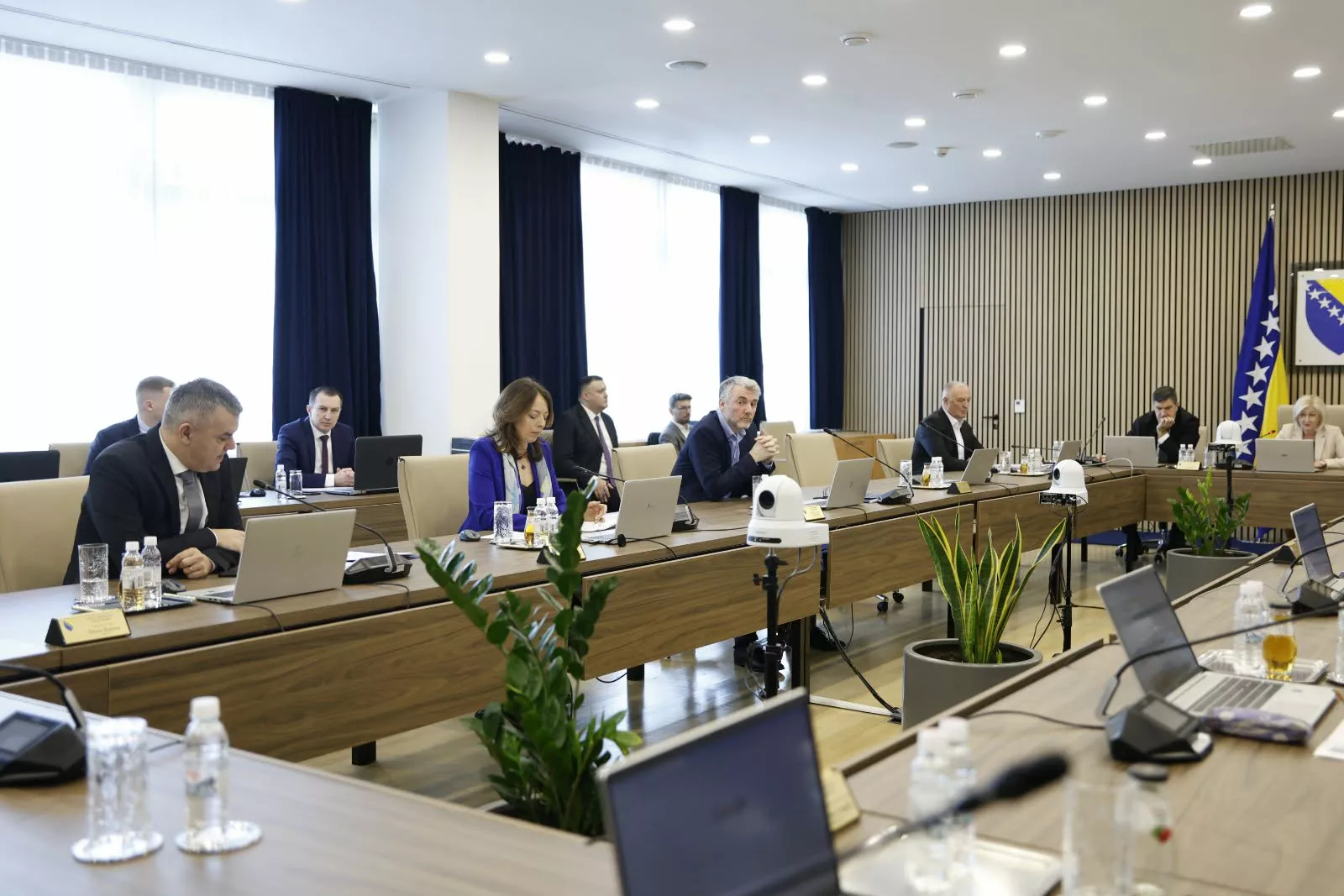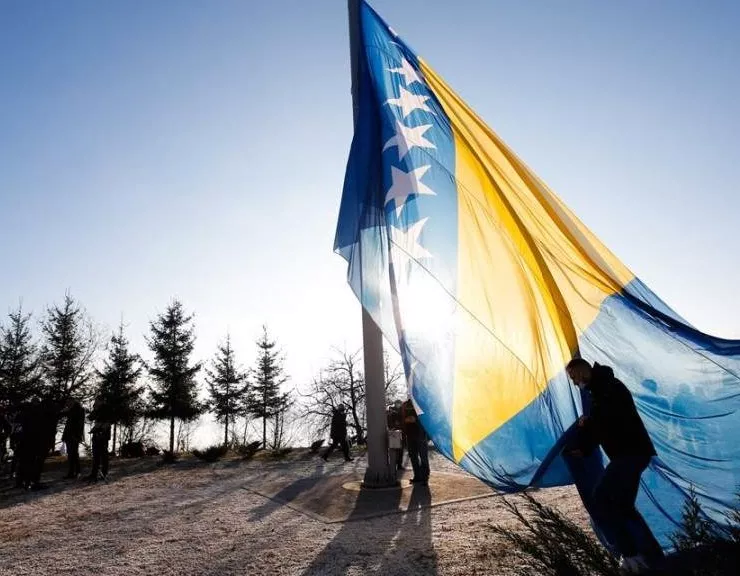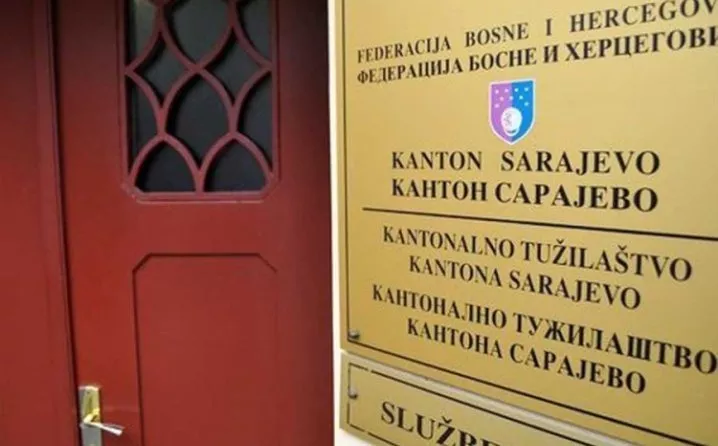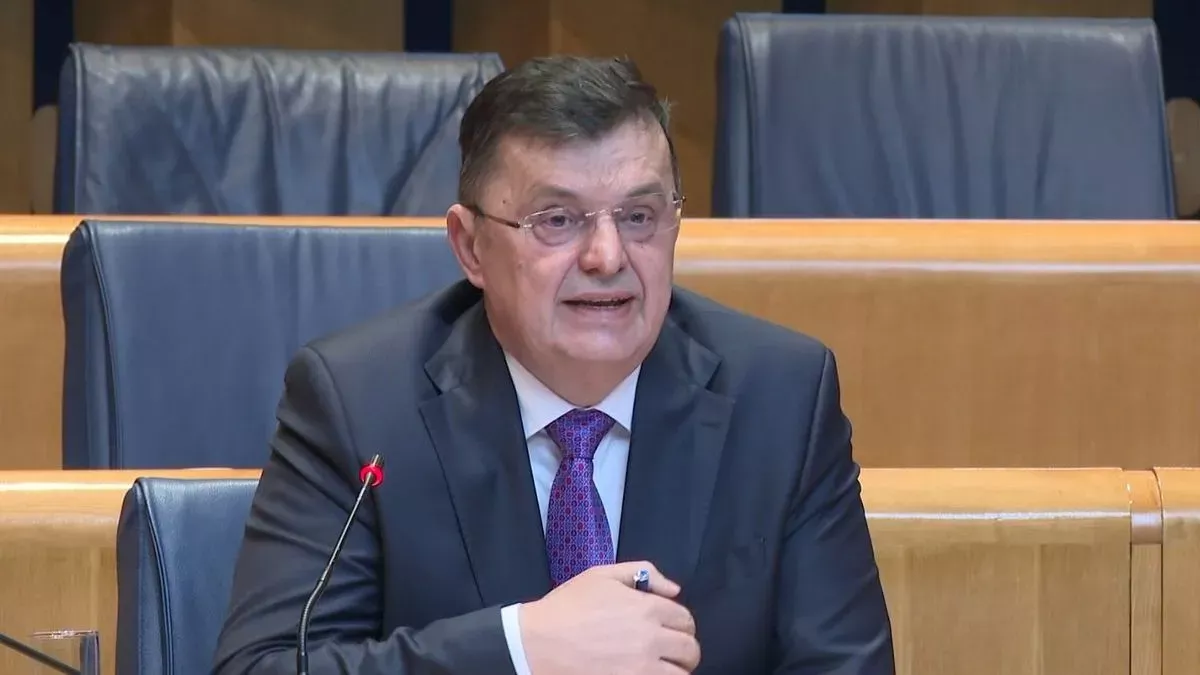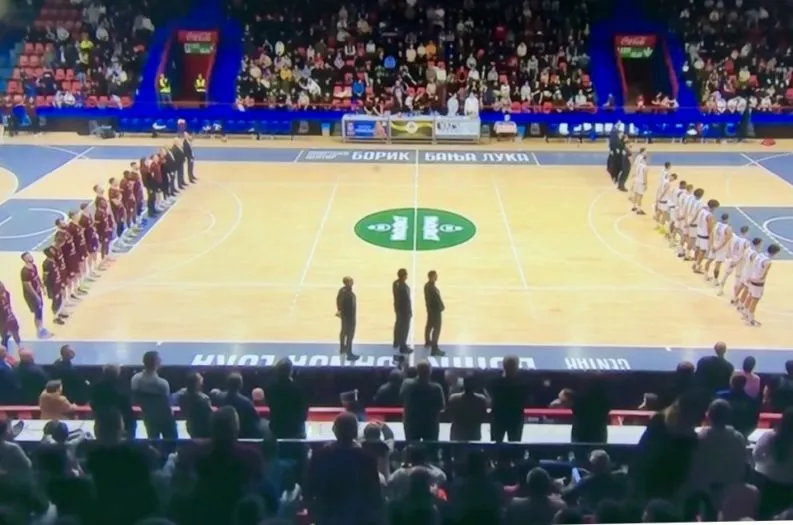


.jpg.webp)
Serbia's Defense Minister Aleksandar Vulin said that, within the framework of the Military Technical Agreement, the second phase of MIG overhaul is well underway. Asked by journalists about number of 'hunters' ready to fly, the minister said that currently 3 MIG's 29 and 3 MIG 21 can be counted on, as well as several 'Eagles'.
Besides the 6 MIGs, Vulin revealed that last year the Army of Serbia procured 6 brand new multipurpose helicopters MI-17. They also procured powerful Russian rocket systems S-300, while some say that Serbia even got the system S-400. Russia will donate additional 13 combat helicopters for the Serbian army and police.
The EU administration in Brussels has not issued any statement relative to the arrival of the powerful Russian arms to Serbia. Nobody has even mentioned Serbia's violating the ban on purchasing aircrafts and helicopters from Russia. The official Sarajevo should seriously consider this European silence.
Has the military part of the Dayton agreement been violated by this purchase of MIGs, helicopters and powerful rocket systems? According to the Annex 1-B of the Agreement on regional stabilization, particularly the Article 4 and 5 'Measures of subregional arming' and 'Agreement on regional arms control', 'balanced and stable levels of defense forces' are allowed.
While designing the military part of the Dayton agreement, the NATO's military experts thought that 'establishing stable military balance founded on the lowest level of armament will be the key to conflict prevention'.
However, Vulin said that Serbia has not been this militarily powerful in a long time.
They have become predictable in creating tension which helps maintain national tension on which nationalist regime thrive. By tradition, those fake tensions are turned towards Bosnia to feed their great-state interests. As we said before, Bosnia is still dealing with ideologically identical and equally radical successors of Tudjman and Milosevic.
Croatia has been talking for months now about purchasing military combat airplanes. They requested offers from the Unites States for 12 brand new F-16. Having received the offer, they asked Americans to lower the price to 100 million USD per hunter, which was too much to ask. Croatian media wrote that Sweden and Israel are the only remaining potential sellers. Sweden is offering their multipurpose combat airplanes JAS-39 Gripen. Israel is offering modernized yet second-hand F-16C Barak. According to some sources, Sweden was only formally mentioned and that the only reliable Croatian partner in this case is Israel.
Has the regional balance in arms, prescribed in detail by the Dayton Agreement been violated?
- The limits have not been broken. The problem is in us, in BiH. We can't even keep what we have, not to mention modernization, General Sifet Podzic, the delegate at the House of Peoples told us.
Podzic has already warned about 300 million KM in the budget designated to the purchase of military helicopters and modernization of arms in the Armed Forces BiH. The Fiscal Council where Zeljka Cvijanovic and Fadil Novalic also sit, as well as finance ministers Vjekoslav Bevanda, Zoran Tegeltija and Jelka Milicevic, rejected the proposed designation of the said funds.
Therefore, the Bosniaks do not have their people in the finance departments with decision making powers, as 'endangered' Croats refuse to share with their partners in the government. Owing to the joint strategy of Croats and Serbs in the government BiH, regional disbalance in arms is ever growing, mainly because of intentional blocks. Serbia and Croatia are no longer at the 'lowest level of armament' as the Dayton would have it, but well-armed countries.
The OESC, which is the guarantee of the military part of the Dayton agreement has not uttered single word of concern. After all, what have Bosniak government representatives done about this? Or Bakir Izetbegovic's advisers for defense strategy? His official adviser for these issues is Selmo Cikotic. Izetbegovic seeks unofficial advice from Fikret Prevljak, Mirsad Catic and Naser Oric.
And while the Armed Forces BiH seem to be falling apart, Serbia and Croatia are getting armed. They have a full functioning military hierarchy.
IN the circumstances such as these, what kind of strategy proposals Izetbegovic gets from his advisers? Who would defend Bosnia and Herzegovina in the case of armed conflict? People were marching with bare hands, borne by the ideal of defending Bosnia and their families. Now they are leaving their country, escaping injustice, seeking better life. We doubt that any of them would return to fight for BiH. Those Bosniaks in the government have been creating corruption nets for years, allowing social stratification within their own people. What motive could people have to fight for their homeland? Not only Bosniaks but also other peoples in BiH. Too many questions, not one single answer.
Even patriotism requires a fair play from the state.
